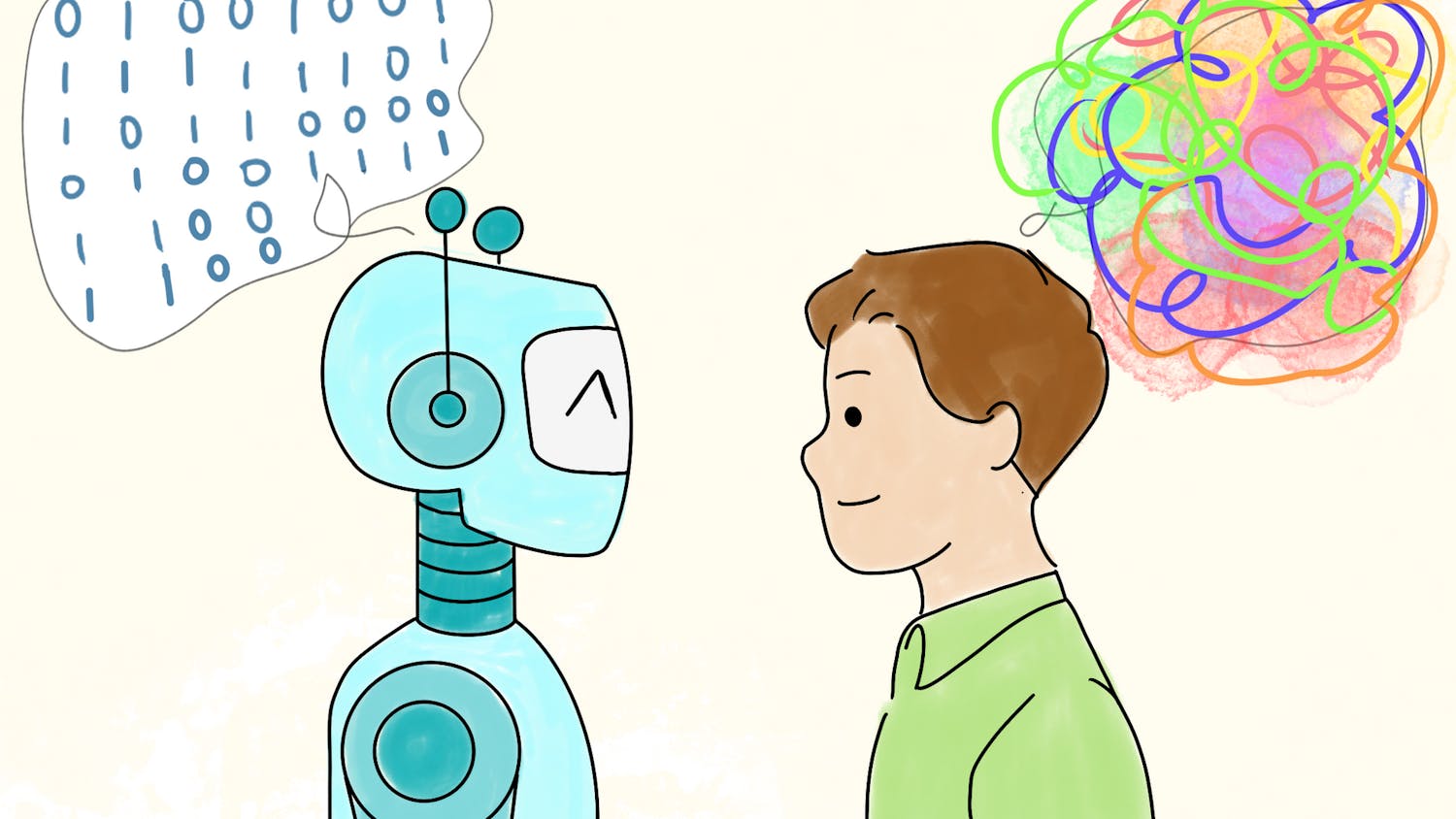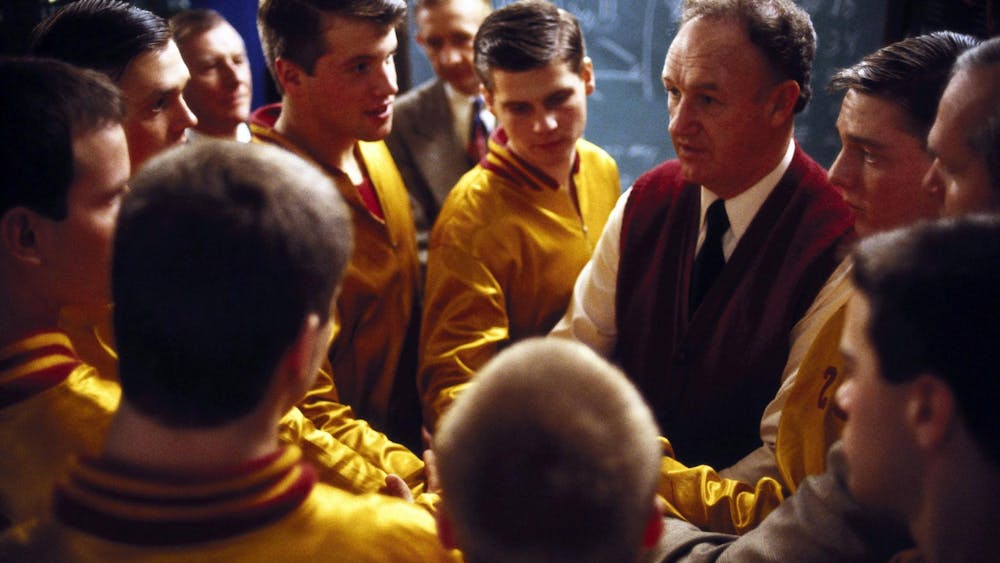In a room of 12 college students, at least one has planned his or her own death.
He or she might have chosen a day to die, typed out a preparatory last goodbye to friends and family that lurks in the hidden folders of a laptop. Maybe the day passed, the plan forgotten, as so many plans of college students are. Maybe not.
No matter the circumstances, the statistic stands: one in 12.
The number comes from a 2016 National Data on Campus Suicide and Depression report, and there’s no shortage of similar statistics.
According to the Centers for Disease Control and Prevention, suicide is the second leading cause of death among individuals between the ages of 15 and 34. The 2015 National Survey on Drug Use and Health reported that of every age group, adults from ages 18 to 25 were most likely to have serious suicidal thoughts.
National Suicide Prevention Week, which runs Sept. 10-16, allows IU mental health organizations to raise awareness as they offer support for struggling students.
“We’re in such a new environment, especially for freshmen," senior Korie Rice, a psychology major, said. "They just moved away from home. They’re in a dorm. They’re in a new place. The college environment is so much more intense in so many different ways."
Rice is communications director for U Bring Change 2 Mind, an IU organization aiming to reduce stigma surrounding mental health on campus.
Part of UBC2M’s efforts this week is a dinner and discussion on the popular but controversial Netflix original series “13 Reasons Why” to be held at 7 p.m. on Sept. 21 at the Indiana Memorial Union.
The show, released in late March of this year, is the most tweeted about television show of 2017, according to a Variety report based on exclusively obtained Twitter data. However, the show received criticism from mental health professionals, parents and educators for its portrayal of suicide and mental illness.
Dr. Victor Schwartz is the chief medical director for the JED foundation, a nonprofit promoting suicide prevention and improved mental health services on college campuses. When “13 Reasons Why” premiered on Netflix, JED released viewing guides and discussion questions to help audiences better understand the issue.
Schwartz said that while the show raised awareness, it could also potentially be harmful.
“On the one hand, the show did get a tremendous amount of attention brought, attention to concerns around sexual assault, bullying, people mistreating each other, depression and suicide,” he said. “We at JED had concerns about some of the artistic choices that were made and the way the show was done. We were concerned that there was some potential for putting some vulnerable people at greater risk.”
For National Suicide Prevention Week, JED is more active on social media and in reaching out to colleges. The organization works closely with universities through its JED Campus program, providing consulting and guidance over a four-year period to improve mental health services. While IU isn’t a JED Campus, the organization still provides online resources and spot consultations in the event of a student suicide.
Schwartz said that JED’s focus on colleges is due to different vulnerabilities that are a part of campus life. Universities are self-contained communities, increasing the risk of suicide contagion — an increase in suicide or suicidal behaviors as a result of exposure to suicide within a community.
However, Schwartz also said that working within the university system makes outreach easier.
“The fact is that colleges, because they are contained and organized, they’re a great opportunity to provide support resources and provide care in ways that are difficult for people just living out in the world,” he said.
Another effort from UBC2M during National Suicide Prevention Week is the promotion of the Out of the Darkness community walk. The walk, to be held in October, is a fundraiser sponsored by the American Foundation for Suicide Prevention that welcomes the Bloomington community to participate and raise money and awareness for suicide prevention.
Rice, the captain for the UBC2M team for the upcoming event, attributes her passion about suicide prevention to her own struggles with mental illness in the past. She started a suicide prevention program in high school after seeing the lack of mental health resources, and later continued the work in college. She said that she found hope in the community at IU and encourages others to do the same.
“Anything we can do to reduce these suicide rates is so vital,” she said. “To those who are struggling or know someone who is struggling, don’t be afraid to reach out. There is so much hope in so many areas that you don’t even know about.”






